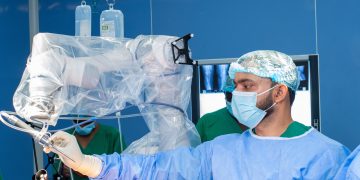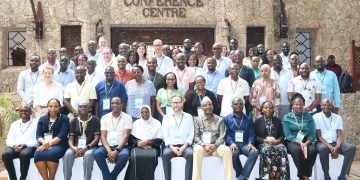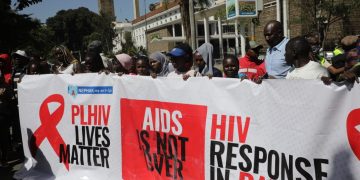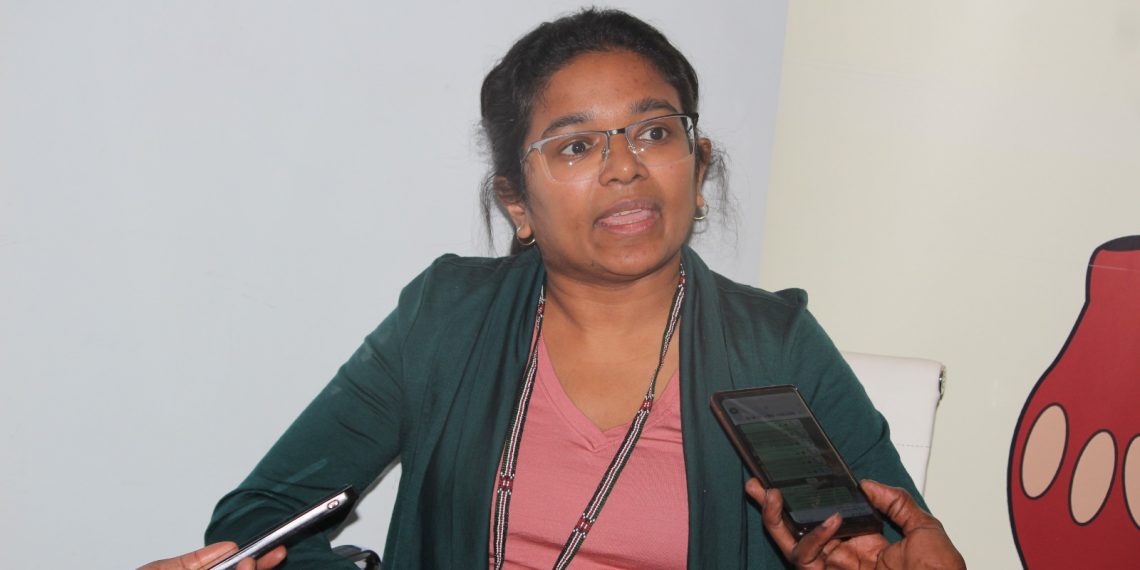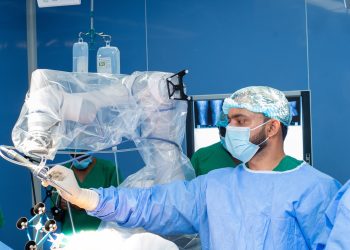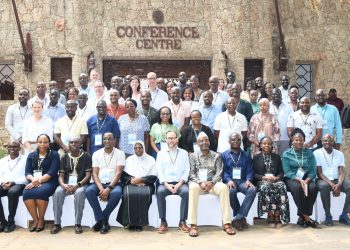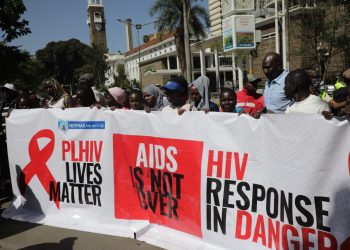Wikipedia, the world’s largest online encyclopedia, is more than just a collection of facts; it’s a dynamic, collaborative project. A diverse community of volunteer editors, including credentialed doctors, nurses, and physiotherapists, works alongside anonymous but skilled contributors to make reliable health information freely accessible.
One of these dedicated contributors is Dr. Netha Hussain, a radiologist at Sahlgrenska University Hospital in Sweden.
She started her Wikipedia journey in 2010, and she has been focused on closing health and science knowledge gaps on Wikipedia.
Initially, she started by creating health articles in Malayalam, her native Indian language, to fill a significant void.
She explains that her work expanded to the English Wikipedia, where she now impacts a global audience.
“While Wikipedia’s medical articles are often comprehensive, and that can also present a challenge,” she says.
According to Dr. Hussain, many readers rely on summaries or search engine snippets rather than reading full articles, which can be intimidating even for experts due to their sheer depth.
She further explains that with the rise of artitficial intelligence voice assistants like Alexa and Siri, users are also increasingly accessing content through new real time technologies.
Dr. Hussain, who holds a PhD in medicine with a focus on stroke, emphasizes the collaborative strength of the platform. She says that health and science experts and non-experts work together to refine articles through copy editing, rewriting, and peer review.
“Anyone can create an article, and well-written valuable content tends regardless of the contributor’s formal qualifications.”
Dr Hussain was speaking to journalist at the Wikimania 2025, the twentieth edition of the flagship annual conference that celebrates Wikipedia and other Wikimedia projects, and the global community of volunteers (Wikimedians) who make it possible, will take place in Kenya hosted by the Wikimedians of Kenya User Group; the East African Regional and Thematic Hub (EARTHub); and the Wikimedia Foundation
She notes that significant knowledge gaps still persist, particularly concerning women’s health from an African perspective.
Dr Hussain observed that topics such as abortion, pregnancy, domestic violence, and rape often lack content specific to African countries.
“Even comprehensive articles on topics like stroke often lack local data, such as incidence statistics for cities like Nairobi or countries like Kenya.”
Hussain explains that to address the challenge of conveying complex medical and science information, editors use talk pages to seek guidance from one another, helping them reach a consensus on how to simplify scientific concepts effectively.
She says that special project are handled through WikiProjects, which are topic-based collaborative groups, which support editors by defining article structure, terminology, and reliable sources for specialized subjects like COVID-19 and emergency medicine and other specialized topics.
However, she says that some topics, such as LGBTQ+ rights, carry legal and cultural sensitivities, especially in certain regions like Kenya. In these cases, Wikipedia’s legal team provides guidance to volunteers.
“As long as content is scientifically accurate and well-sourced, contributors are encouraged to include it, regardless of regional taboos.”
She says the the strength of Wikipedia lies in its community—a blend of identifiable and anonymous contributors collaborating across borders. This model, which might defy traditional theoretical models of knowledge production, functions effectively in practice.
“For contributors like myself the excitement of working with a diverse community and the possibilities unlocked by AI and other evolving tools continues to fuel my passion after more than 15 years of volunteer work.”
She says that Wikipedia’s medical content is the product of a living, breathing ecosystem—a testament to the idea that a collective effort, regardless of identity or location, can yield accurate and impactful health information for the world.


